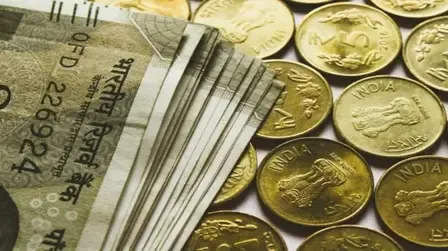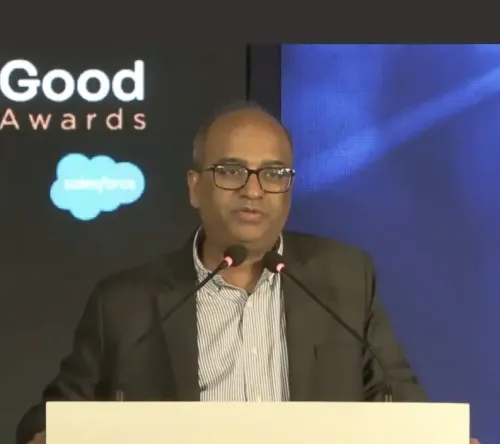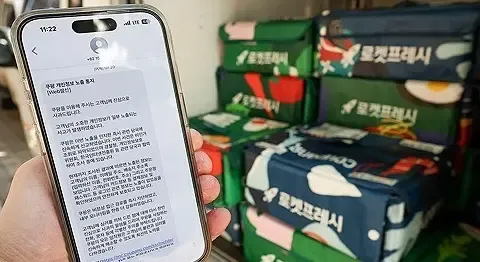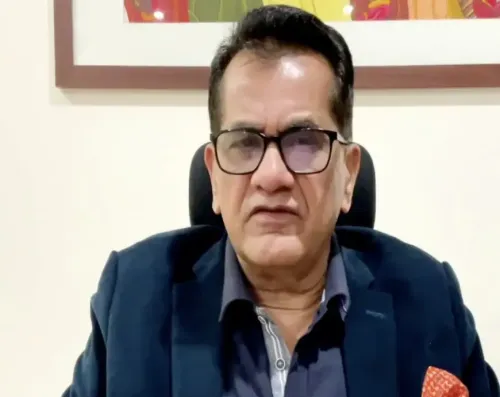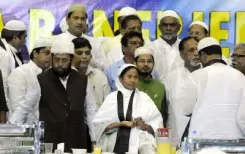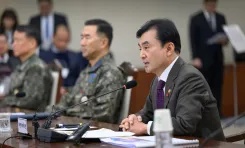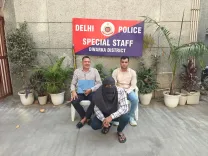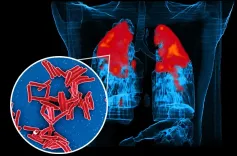Union Finance Minister Sitharaman Announces GST Cuts on Rice Kernels and Exemptions for Life-Saving Therapies
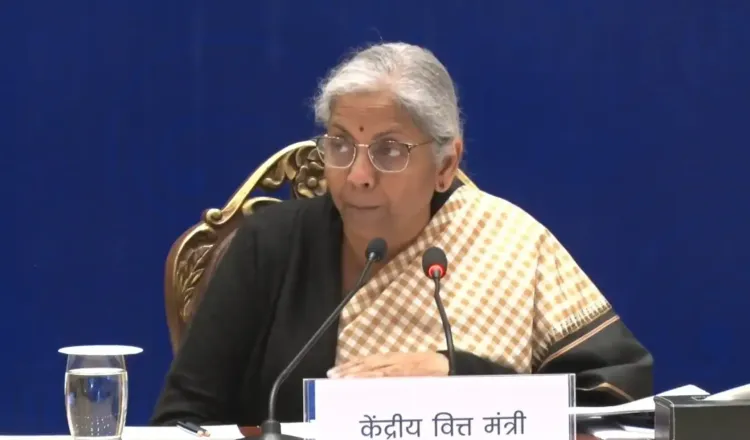
Jaisalmer (Rajasthan), Dec 21 (NationPress) Union Finance Minister Nirmala Sitharaman on Saturday announced that the Goods and Services Tax Council has approved a reduction of GST on rice kernels to 5 percent, exempted life-saving gene therapy from tax, and extended the GST exemption for parts used in manufacturing surface-to-air missiles (SAM).
Addressing the media here after the 55th GST Council meeting, the Finance Minister stated that the decision to lower GST on rice kernels from 18 percent to 5 percent was made to benefit the weaker sections of society receiving this commodity through the public distribution system.
"Additionally, the concessional 5 percent GST applies to inputs for food preparations distributed for free to economically disadvantaged groups under government schemes, in accordance with existing conditions; hence, this extends the current 5 percent rate," she explained.
Discussing the rationale behind the increase in tax on caramelised popcorn to 18 percent, the Finance Minister mentioned that the addition of sugar categorizes it similarly to carbonated beverages, which are deemed harmful to health and thus placed in a higher tax bracket.
She emphasized that salted and plain popcorn remains unaffected by any tax hikes.
Furthermore, she noted that black pepper—whether fresh green or dried—and raisins supplied by agriculturists are exempt from GST; however, sales by merchants would be subject to tax.
All components used in the manufacture of SAM missiles, including software, will continue to enjoy GST exemptions.
The Finance Minister also mentioned that payment aggregators handling transactions under Rs 2,000 are eligible for exemptions, a provision that does not extend to payment gateways and fintech services.
She clarified that no GST applies to penal charges or levies imposed by banks and NBFCs for loan term non-compliance by borrowers, a move intended to support small businesses.
The topic of whether to implement a separate GST on delivery fees for food from quick commerce companies and e-commerce platforms was discussed, but no conclusion was reached, indicating a need for further deliberation.
The Finance Minister mentioned that ACC blocks with over 50 percent fly ash would incur a 12 percent GST.
Sitharaman revealed that the inclusion of Aviation Turbine Fuel (ATF) under the GST framework remains undecided, as several states oppose this move; additional discussions are anticipated in future meetings.
She added that the GoM on health insurance has yet to receive feedback from the insurance regulator IRDAI, necessitating more time for a decision.
The GoM on rate rationalisation also requires further time, as its report remains incomplete.
Additionally, the Finance Minister mentioned a discussion regarding whether GST on floor space index (FSI) for construction should follow a reverse or forward charge, with no resolution reached owing to its implications for municipal revenues and the fact that land is a state subject.
She disclosed that a concept note has received in-principle approval from the GST Council to amend GST regulations, simplifying the registration process for small companies that utilize low input tax credits, addressing the difficulties these companies face.
The Council has also approved an amendment to clarify the definition of prepackaged and labelled items for retail sale, aiming to eliminate confusion regarding these goods.


